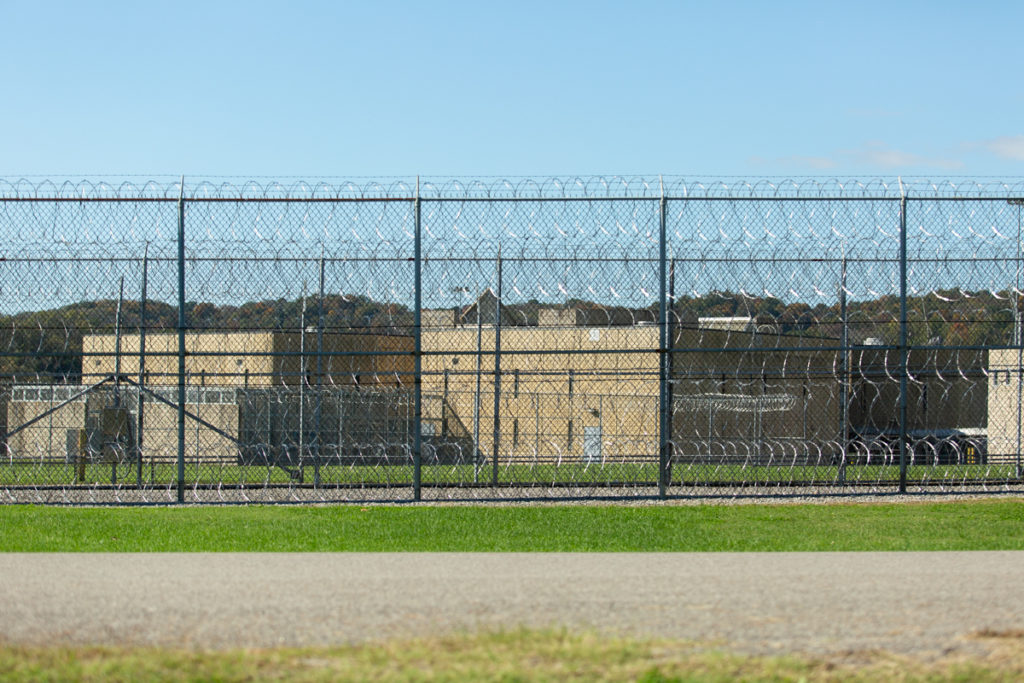
Starting in 2023, high-tech screenings will be the new standard at Tennessee’s state prisons, as officials fight to control a wave of deadly drugs being snuck inside the gates.
Like in other states, full body scanners have been installed with imaging capability, like X-rays, that the state says can identify contraband being smuggled inside a person’s body or clothing. The Department of Correction says all people entering prisons — including staff, visitors and volunteers — will be screened.
Some exceptions will be granted, including for individuals with a pacemaker; in a wheelchair; or who are pregnant; as well as children 16 or younger. People with other mobility challenges may be required to provide a doctor’s note.
TDOC first used the technology at Riverbend Maximum Security Institution in 2014, but later halted its use after another state agency found violations with its usage. As of November 2021, TDOC announced it would install the scanners at all of its prisons.
Tennessee prison officials admit they’ve struggled to control drugs entering facilities, including the potent opioid fentanyl, which has fueled a surge in overdoses. Between 2019 and 2021, drug overdose deaths in state prisons jumped more than eight-fold. Full statistics aren’t available for 2022, but in the first 10 months of that year, more than two dozen people died of overdoses behind bars.
Criminal charges related to contraband jumped in 2022, with more than 60 people charged across the state. That was more than the prior two years combined.
Among those charged were 14 correctional officers. State reports show they were caught trying to sneak in drugs, tobacco, cellphones and USB flash drives.
“Tennessee is in a constant battle to keep contraband out of our facilities. We are committed to meeting the evolving threat and our mission of operating safe and secure prisons,” interim TDOC Commissioner Lisa Helton wrote in a statement.

